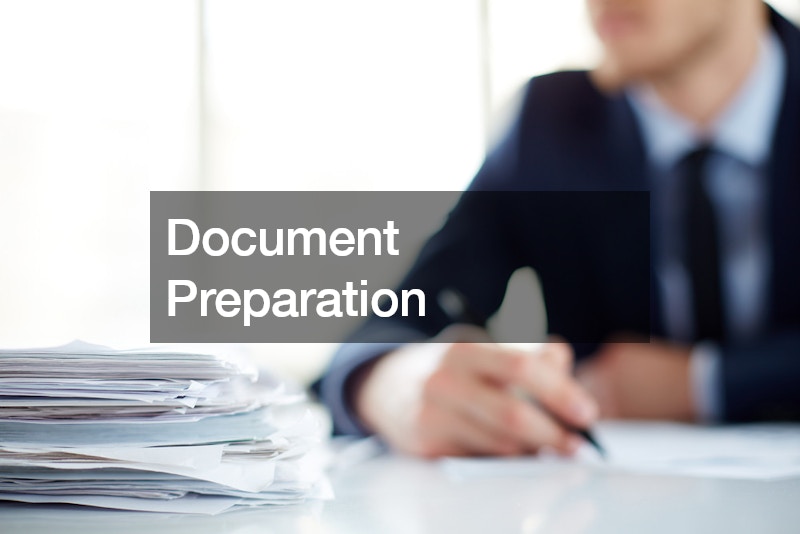Preparing for a court trial can be a daunting task, but with careful planning and organization, you can effectively present your case and increase your chances of a favorable outcome. Here are some essential tips to help you navigate the process smoothly.
Understanding Trial Preparation
Before heading to court, it’s crucial to understand what trial preparation entails. This involves gathering all necessary evidence and organizing it in a way that supports your arguments. The trial is your opportunity to present your side of the story to the judge or jury convincingly.
Identifying Essential Evidence
The backbone of any trial is the evidence presented. Evidence can include witness testimony, documents, photos, videos, and other physical items that support your claims. It’s essential to identify what evidence will be most persuasive in proving your case. For instance, witness testimony from a credible source can often carry significant weight in court.
Types of Evidence
There are two main types of evidence: testimonial and physical. Testimonial evidence comes from witnesses who testify under oath about what they observed firsthand. This type of evidence is critical as it provides direct insights into the events in question. On the other hand, physical evidence such as documents or videos can substantiate these testimonies and provide visual or documentary proof of your claims.
Admissibility of Evidence
Not all evidence is admissible in court. It must meet certain criteria to be considered by the judge or jury. For example, hearsay—where a witness testifies about what someone else told them—is generally not admissible unless specific exceptions apply. Understanding these rules ensures that you present evidence that the court can legally consider.
Preparing Witnesses
If you plan to call witnesses to testify on your behalf, it’s crucial to prepare them thoroughly. They should be familiar with their statements and ready to answer questions under oath. If necessary, you may need to obtain a subpoena to compel a witness’s appearance in court, ensuring they are available to testify as needed.
Document Preparation
Documents play a vital role in many legal cases. Whether it’s contracts, invoices, or other paperwork, ensuring your documents are organized and presented clearly can strengthen your case. Understanding how to authenticate and introduce documents into evidence is essential, as different courts may have specific procedures for handling documents.
Consulting with Legal Experts
Navigating the complexities of trial preparation may require professional guidance. Lawyers, paralegals, and even process servers agencies can provide valuable assistance in gathering evidence, preparing witnesses, and understanding court procedures. A process server, for instance, can help ensure that legal documents, including subpoenas, are served correctly and on time, facilitating the smooth progress of your case.
Reviewing Court Rules and Procedures
Each court operates under specific rules and procedures. Familiarizing yourself with these rules, either through court websites or consultations with legal professionals, can prevent procedural errors that could undermine your case. Knowing where and how to submit evidence, file motions, and adhere to deadlines is crucial for a successful trial experience.
Final Preparation Steps
As the trial date approaches, conduct mock trials or rehearsals to refine your presentation and anticipate potential challenges. Ensure all your evidence is organized, and you have contingency plans in place for unforeseen developments. Arrive at court early on the trial day to set up and review your materials, ensuring a calm and prepared demeanor before proceedings begin.
Conclusion
In summary, thorough preparation is key to presenting your case effectively in court, ensuring that your arguments are clear, your evidence is persuasive, and your presentation is well-organized. By following these tips, you can navigate the complexities of trial preparation with confidence and increase your chances of achieving a favorable result. Remember, effective trial preparation can significantly impact the outcome of your legal proceedings.
Preparing for court requires careful planning, attention to detail, and adherence to legal procedures. By understanding the types of evidence, preparing witnesses, organizing documents, and seeking professional assistance when needed, you can enhance your ability to present a compelling case.
Remember, effective trial preparation can significantly impact the outcome of your legal proceedings.
.

